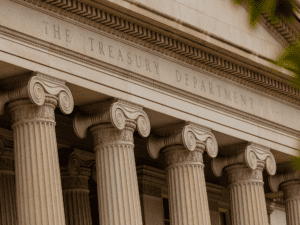A $900 billion coronavirus aid package was signed by President Trump, here’s what you need to know.
Individual benefits
Since the first round of stimulus checks were issued, Congress has clashed with the idea of a second round of direct payments. The new bill signed into law on December 27th provides for a one-time $600 direct payment for individuals earning less than $75,000. Individuals earning between $75,000 and $99,000 will receive a smaller direct payment. Families with dependent children will receive an additional $600 per child. There is no specific timeline for when direct payment will be sent to individuals that qualify.
Enhanced federal unemployment benefits will also be extended; those that receive unemployment benefits will receive up to $300 per week through mid-March. Self-employed individuals and gig workers will also receive extended assistance under the Pandemic Unemployment Assistance program, providing an additional $100 per week.
President Trump insisted on $2,000 individual direct payments to individuals. Backed by Democrats, the President released a statement stating the House will vote to increase payments to individuals from $600 to $2,000. However, Senator Mitch McConnell has blocked the vote to approve the increased direct payment amount. Eldridge Brooks will update you should things change.
Small-business relief
The new relief package provides additional funding to the popular Paycheck Protection Program. $284 billion will revitalize the program and provide help to small businesses, even those that were left out of program initially. The new provision includes expanded eligibility for the loans to include nonprofits and local newspapers, along with TV and radio stations. Even if you have received PPP loans, you are now eligible for “second draw” loans if you meet certain qualifications. Concert venues, museums and theaters are still not eligible for paycheck protection funds but can apply for “Shuttered Venue Operator Grants” worth up to $10 million.
The bill gives the Small Business Administration 10 days to implement the new rules but is expected to roll out over several weeks. Potential buyers should contact their lenders for guidance. For more details, see our post on the new Paycheck Protection money here.
Vaccination support
The agreement includes some $68 billion to purchase and distribute COVID-19 vaccines and help states conduct testing. $20 billion of the funding will make the vaccine available at no cost for anybody needing it.
Broadband access
As our daily life continue to operate mostly online, reliable internet access for individuals working or schooling from home is vital. The measure contains $7 billion to increase access to broadband internet, including a new Emergency Broadband Benefit. The funding includes $3.2 billion for a $50 per month emergency broadband benefit for people who are laid off or furloughed during the pandemic. The bill also includes funding to remove Huawei and ZTE equipment from US networks, citing the Federal Communication Commission’s designation of the equipment as a security threat, funding for Tribal broadband grants, telehealth, and broadband mapping improvements.
Education & Agriculture
The bill includes $82 billion in funding for schools and universities to assist with reopening, including, $2.75 billion for private K-12 education. The bill also includes $13 billion in the measure for farmers and agriculture, including money under the Coronavirus Food Assistance Program for growers and livestock, dairy and poultry producers.

Morgan R. Johnson
Associate Attorney
morgan@eldridgebrooks.com
479.595.2725



